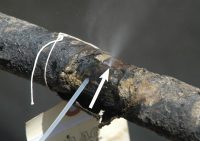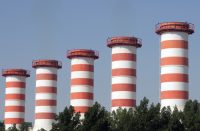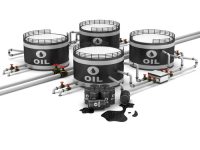Are You Leakproof? 12 Tips for Avoiding Equipment Leak Fines
The Agency has estimated that approximately 70,367 tons per year of VOCs and 9,357 tons per year of HAPs have been emitted from equipment leaks. Many federal regulations under New Source Performance Standards (NSPS) at 40 CFR 60 and National Emissions Standards for Hazardous Air Pollutants (NESHAPs) at 40 CFR 61 and 40 CFR 63 […]










